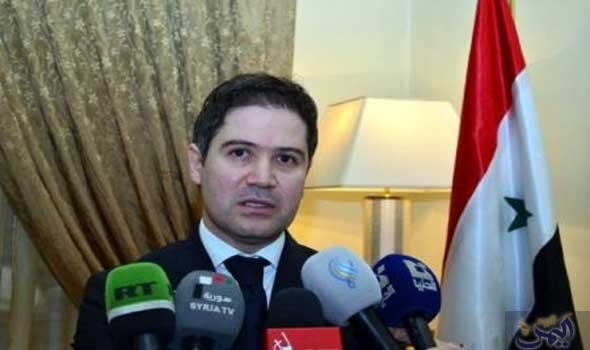Syria’s tourism minister announced that domestic tourism in the country is still strong with government data confirming an increase in the recent period.
In an exclusive interview with the Russian Sputnik news agency on Friday, September 2, minister Bishr Yazigi attributed the rise to the expansion of the safe areas after the Syrian army advanced in a number of regions. He added that religious tourism had also increased as a result of the association with Syria as “the cradle and starting point of religions,” as he put it.
Yazigi said that the ministry had made a number of promotional videos for touristic areas in the country to shine light on the civilization, history and beauty of Syria.
“These videos show the will to live among the Syrian people in the face of all those who target them with weapons or terrorism, through war or ideas,” the minister said. “They are not to attract foreign tourists to spend their vacations here, especially in light of the sanctions imposed on the Syrian people and which are doing major harm to the tourism sector, reflected on the visiting delegations of foreigners, with the exception of those supporters and visitors who fully know the truth of the matter in Syria.”
Regarding what has been circulated in Western and Arab media about the promotional advertisement the tourism ministry previously produced in 2016, Yazigi said: “The noted section was circulated after being taken out of its real promotional context before observers, and especially in light of the continuing media terrorism which has targeted Syria and its people.”
Yazigi added: “The overall policy of our ministry is directed at Syrian family tourism and especially low-income classes, as well as rural tourism and Syrian expatriates who fully understand the reality of the situation in Syria.”
This article was translated and edited by The Syrian Observer. Responsibility for the information and views set out in this article lies entirely with the author.


